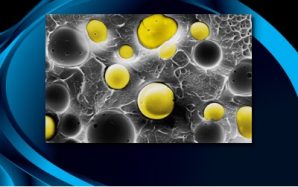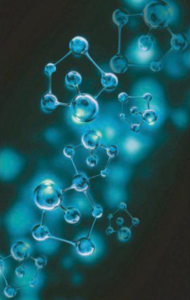Phase Change Polymers
PHASE CHANGE POLYMER
PCP (PHASE CHANGE POLYMER)
Phase Change Polymer (PCP) is the most required environment-sustainable mechanism to conserve not only energy but also reduce the carbon footprint. PCP has a wide variety of applications and the degree of intensity and technology establishes the road map PCP can provide the right step ahead towards energy conservation and environmental sustainability. Phase Change polymers are produced by step growth polymerization and condensation polymerization. Step growth polymers are defined as polymers formed by stepwise polymerization between functional/bi-functional/tri-functional groups of polymers which also contain hero atoms. Step growth polymers increase in Molecular weight at a very slow rate at lower conversion and reach a moderately low molecular weight at very high conversion.


A condensation polymer is defined as a polymer that involves the loss of some condensate and/or contains hero atoms as part of its backbone chain and its repeat unit does not contain all atoms present in a hypothetical monomer to which it can be degraded. In both the process of making Base Polymer and Co-Polymer various other additives like anti-oxidants and others are used to control the character and properties of the products.